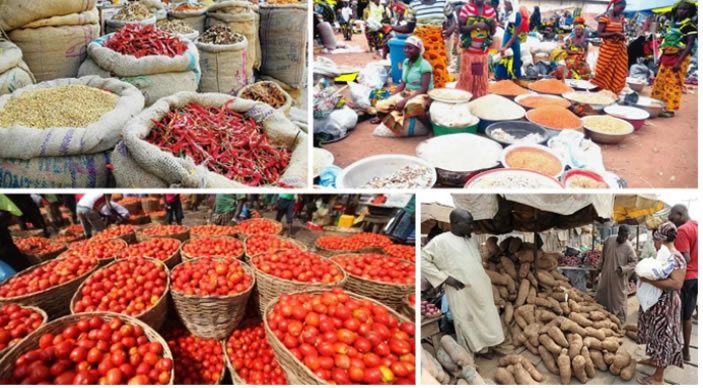

Imported food inflation hits 42% as FG’s duty waiver delays
Nigeria’s imported food inflation surged to 42.29 per cent in November 2024, according to the Consumer Price Index report released by the National Bureau of Statistics.
This represents a significant rise from 23.74 per cent recorded in November 2023, marking an 18.55 percentage point year-on-year increase.
On a month-on-month basis, the inflation rate increased from 40.96 per cent in October 2024, a 1.33 percentage point rise in just one month.
The data highlights the relentless upward trajectory of imported food inflation throughout 2024, which began at 26.29 per cent in January.
By October, the inflation rate had crossed the 40 per cent threshold, and November’s figure of 42.29 per cent is the highest recorded in the past two years.
This sharp rise has been attributed to multiple factors, including currency devaluation, global supply chain disruptions, and inefficiencies in domestic policies.
The Federal Government’s attempt to address the situation through a duty waiver on imported food has been fraught with delays.
In July 2024, the Federal Government announced a 150-day duty-free import window for food commodities as it stepped up efforts to tackle rising inflation, which had impoverished many Nigerians.
The commodities include maize, husked brown rice, wheat and cowpeas. Under this arrangement, imported food commodities will be subjected to a Recommended Retail Price.
It was designed to reduce import costs and make staple foods more affordable. However, the implementation has stalled due to bureaucratic delays.
The average price of imported high-quality rice has surged by 144.77 per cent year-on-year as the Federal Government delays implementing its duty-free food policy.
Since the announcement of the policy, the price of one kilogramme of imported rice has risen by 3.21 per cent, climbing from N2,329.05 in July to N2,403.86 in September.




